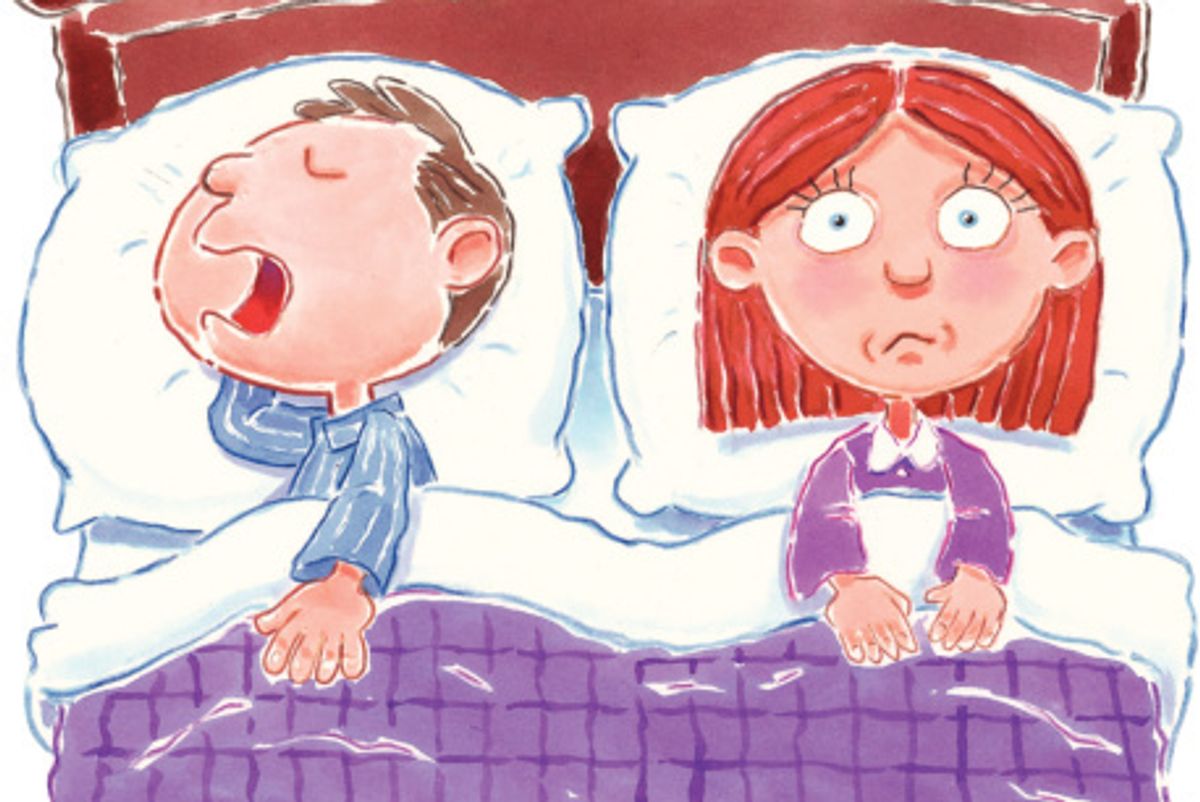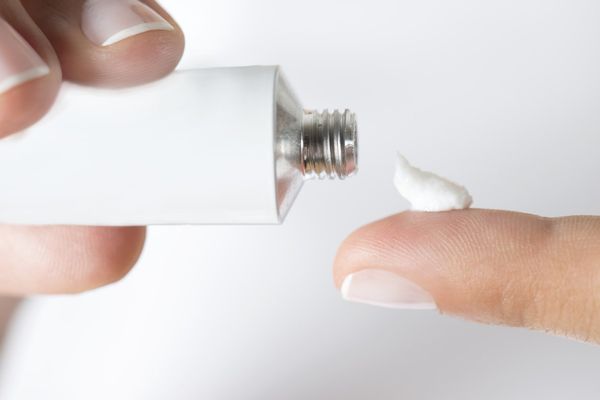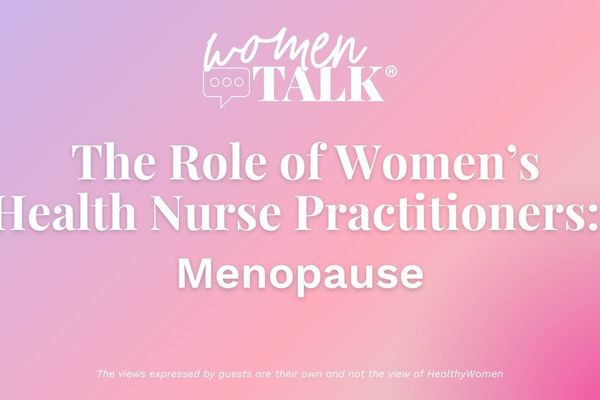Reading some comments in response to last week's post about the attempts to develop a female equivalent to Viagra made me aware that although there are many women who are eagerly awaiting such a drug, there are many others who would not consider a drug to boost their libido.
|
That's why it's so important to try to understand and examine what's really going on with libido at midlife, a time when so many changes are taking place in our bodies and catching us unaware.
The North American Menopause Society (NAMS) has a thing or two to say on the subject. Sex drive decreases gradually with age in both men and women, they say, but it's different for women: they are two to three times as likely to lose that lovin' feeling.
Menopause, along with its infamous hot flashes, night sweats and vaginal dryness as a result of plunging estrogen levels, can pose a challenge to a woman's libido and sexual desire. That's one reason why drug companies are busy trying to create a female equivalent of Viagra. Other treatments women consider, like testosterone, have modest effects and there's limited knowledge about the long-term safety as it relates to breast cancer or heart disease (although studies are ongoing).
My recent visit to Tucson's famed Miraval Resort & Spa shed some light on the topic when I attended a lecture, "Let's Talk About Sex (for Women Only)," led by Sheryl Brooks, a registered nurse and certified menopause practitioner.
I had the opportunity to ask Sheryl some key questions.
Q. What are the changes that come with perimenopause and menopause that can have an impact on a woman's libido and sex life?
A. For some women, the perimenopause transition or becoming a postmenopausal woman has little effect on their libido or vaginal comfort during sex. But for others there can be one or several—like sleep disruption, night sweats, mood swings or decreased vaginal lubrication (that can make sex uncomfortable).
Q. What about the emotional changes? Perhaps women are stressed, fatigued, have an emotional disconnect with their partner, etc. What are some problems you see that may get in the way of a satisfying sex life? And what would you recommend women do to help overcome this and maintain, or perhaps rediscover, their ability to have a satisfying sex life with their partners?
A. All the things you mentioned can impact our sex lives. Making time to connect on a regular basis with their partner, getting at least seven hours of sleep most nights and getting some stress management tools, like meditation, are all things to consider.
Q. So many midlife women worry about their body image and as a result may feel self-conscious or a lack of desire. Any advice?
A. Realize that you are looking at your body in a much more critical and negative way than your partner does. If your partner admires your body, believe what they say instead of pointing out the flaws you think they missed.
Q. How can a woman get back in touch with her body at midlife?
A. Set the intention to be fully present in your body throughout the day as well as during sex so you can really appreciate and enjoy the sensations we are designed to experience.
Q. Can you suggest a dialogue a woman can have with her partner to open the discussion about wanting a more satisfying sex life?
A. I think the best approach is to be honest about what is going on from her perspective—not criticize—and to let her partner know that she would like to work together to make their relationship and sex life a priority. We all know how to talk with our own partners and what approach is best.
Q. What about the vaginal changes, like thinning tissue, diminished blood supply, lack of lubrication, etc.? What can women do?
A. You just described the changes that often occur with lack of estrogen. For some women, these changes will be significant; for others, not. Lubricants used during sex and vaginal moisturizers (both used on a regular basis) can reduce discomfort during sex. Also, regular vaginal sex activity helps to maintain vaginal tissue. When sex becomes uncomfortable or painful, a woman should make a point to discuss treatment options with her health care provider.
Note: According to NAMS, vaginal dryness that is menopause-related can lead to pain during sex and may also be associated with arousal troubles. Topical treatments are available as nonprescription and non-medicated lubricants and moisturizers as well as prescription-only topical forms of estrogen therapy.
You Might Also Want to Read:
Effective Treatments for Sexual Problem
Keeping Passion in Your Relationship
5 Reasons You're Not Having Sex







